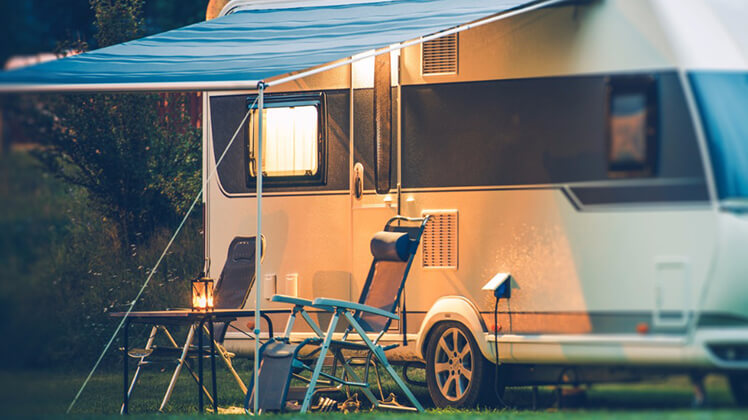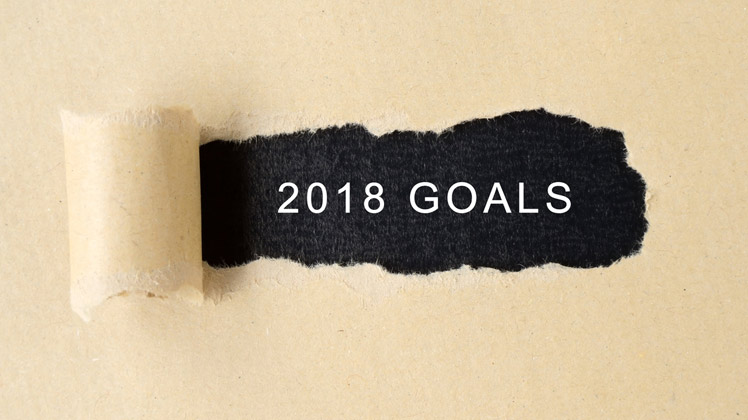Buying a caravan

The Great Aussie Caravanning Holiday…
Caravanning has seen a resurgence in popularity over recent years, as families seek to explore local destinations, looking for a more affordable travel option. While camping grounds are considerably more cost effective than resorts and hotels, the capital outlay for a van can become a serious investment, potentially the largest asset next to the family home. Just like any big purchase, especially when there is a loan arrangement, the more research you do, the more informed your decisions can be!
What to consider when buying a new van…
Before the new van wish-list becomes unmanageable, the starting point needs to be setting your purchase budget. If you are financing this purchase directly from cash savings, then your budget can be easily defined. However, if you are taking a loan for your new van, you will need to go through the same steps you would with any repayment situation, i.e. check what you can affordable to repay each week/month. In addition, accommodation needs, towing weight and off-road status will also be key considerations. The bonus in caravan ownership is that they generally hold their value well if you out-grow your first purchase and sell within a short timeframe.
Consider a used van first…
For many new to carvanning, a used vehicle is a good option to start with while you ‘test the waters’ with the new lifestyle. Buying from a licensed dealer can mean the assurance that general condition and quality checks have been performed and there aren’t any encumbrances applied (i.e. under finance). Renting various van types provides a good option to test configurations before you make the purchase commitment.
A quick checklist when inspecting a used caravan;
- Surface damage – to assess repairs required and rust damage
- Check for watertight – review the roof conditions and joint sealings
- Assess wheel bearings and chassis – listen for unusual noises
- Check the electrical, gas and water fixtures – look for leaks, discolouration
- Try all windows and doors – to make sure they open/close, check for locks
- Check the registration papers – review the vehicle identification number printed on the van matches the paperwork
- Ask for a weight certificate – to ascertain legal compliance and compatibility with your vehicle.
- Accident history – which can affect driveability and alignment
- Availability of spare parts – depending on age of the van and manufacturing location.
Sourcing the right finance option…
Essentially most caravan loans are equivalent to a general personal loan, and can be either secured or unsecured in their conditions. With a secured loan, you can obtain a lower interest rate in exchange for your caravan being used as security. This means should you default on the loan repayments, the lender can take the van in lieu of the payments. Unsecured loans attract a higher rate, as there is more risk for the lender, but offer greater flexibility for the borrower, i.e. you can utilise some of the funds for additional caravan equipment and even insurance. Some caravan retail sellers can offer special caravan finance, much like the car yards, but it pays to check on the terms and conditions for suitability.
Whether you are buying your first van and need a finance option, or using equity to upgrade to the latest model, it’s advisable to check in with your adviser for an overall financial health check. It’s easy to get caught up in the excitement of shopping and taking on more debt than you can manage. It really is no use buying a van if you have to work double time to make the repayments, and no time enjoying the great outdoors!





